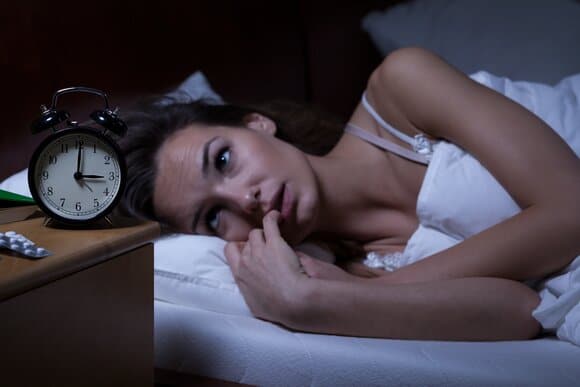The reason for frequent awakenings at night can be a number of diseases. About this with reference to the therapist, somnologist and candidate of medical sciences Sophia Cherkasova reports “Lenta.ru”.
The specialist notes that frequent awakenings can be a symptom that signals a pathology of the thyroid gland associated with an increase or decrease in hormone production. Also, urological problems and cessation of breathing during sleep can lead to sleep disturbances.
Meanwhile, Cherkasova explained that people with depression often wake up early in the morning or, conversely, cannot fall asleep.
She added that sometimes the reason for frequent awakenings at night lies not in a serious pathology, but in the wrong way of life. Excessive caffeine, alcohol, and low levels of physical activity can cause sleep disturbances. It also happens that insomnia itself becomes a habit, persisting even after its cause has disappeared.
Earlier, sleep therapist Pavel Kudinov recalled the importance of observing a sleep schedule. According to him, when people fall asleep late, they shift their biological clock. As a result, there is a lack of sleep, daytime sleepiness appears and performance decreases.
Social jet lag, or the failure of the daily biological rhythms of the body, is a common problem in modern society. This was stated by the therapist-somnologist Pavel Kudinov.
According to him, falling asleep late and waking up late, people shift their biological clock. As a result, there is a lack of sleep, daytime sleepiness appears and performance decreases.
“Sleep disorders of any kind, including jet lag, are most dangerous for people who have chronic diseases. Sleep disorders lead to an acceleration of the process. This is especially true for those who suffer from cardiovascular diseases and diseases of the central nervous system. Lack of sleep and daytime sleepiness are also dangerous for people who are involved in work that requires increased concentration of attention,” Channel Five quotes Kudinov.
The somnologist noted that you need to start preparing in advance for an early awakening. In particular, the expert advised waking up an hour earlier every day, bringing the biological clock to the work schedule.
Kudinov stressed that preparations containing melatonin, which causes preliminary drowsiness, can help in this matter.
“Also, no one canceled herbs: mint, lemon balm, chamomile or peony tincture. But it’s better to deal with this issue on your own,” the doctor concluded.
Previously, clinical psychologist Dr. Mairav Kohen-Zion said that ideally, a person should fall asleep after 10 minutes, this can take a maximum of 20 minutes. Sleeping too long can make you feel sleepy and tired the next day.
Photo: depositphotos/photographee.eu









